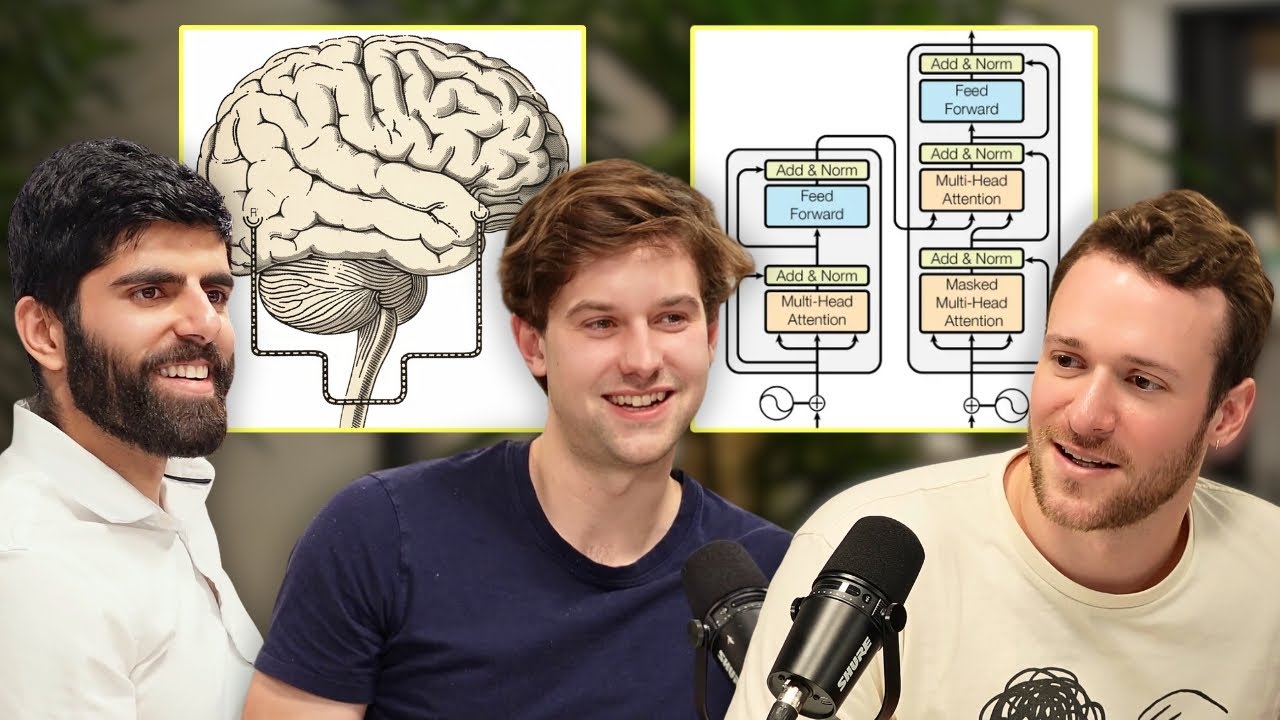The discussion highlights the importance of associations in intelligence, emphasizing that it primarily involves pattern matching through a hierarchy of associative memories, as seen in both human cognition and artificial intelligence systems. By building complex connections from basic associations, individuals and AI systems can enhance their cognitive abilities over time through meta-learning and the continuous querying of past information.
In the discussion, there is an exploration of how intelligence primarily involves pattern matching, facilitated by a hierarchy of associative memories. Basic associations between objects in the real world serve as building blocks for more abstract associations, empowering individuals to make complex connections. The concept of Association as being all that is necessary for intelligence is put forward, highlighting its significance in cognitive processes.
The conversation also touches on Sherlock Holmes’ deductive reasoning abilities, acknowledging that his intelligence incorporates both associations and deductive connections between various pieces of information. This could be seen as a form of higher-level association involving meta-learning, where long working memory and continuous querying of past information play key roles in building a cohesive understanding.
Drawing parallels between Sherlock Holmes’ deductive prowess and the functioning of artificial intelligence systems, there is a suggestion that advanced algorithms can also excel in making complex associations by leveraging attention mechanisms, MLP layers, and long-term memory. The idea of recursively improving associations through meta-learning and skill transfer is discussed, offering insights into how AI systems can enhance their cognitive abilities over time.
Questions arise regarding the implications of superintelligence and whether the reliance on associations implies a limitation in the potential power of artificial general intelligence. It is argued that even if AI systems primarily rely on associations, the ability to recursively self-improve could lead to exponential growth in intelligence, raising concerns about the rapid advancement of technology beyond human control.
The discussion transitions to the role of meta-learning in adapting to new environments or challenges, such as learning a new video game or studying a textbook. By leveraging existing skills and general features from past experiences to form associations quickly, individuals and AI systems alike can navigate novel situations effectively, showcasing the adaptability and potential of associative learning mechanisms in driving intelligence.
